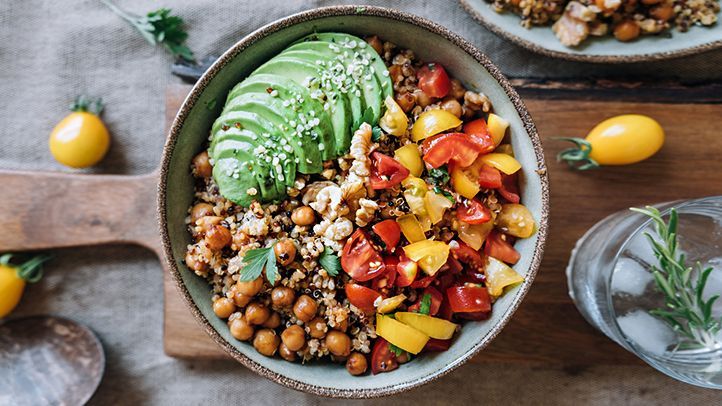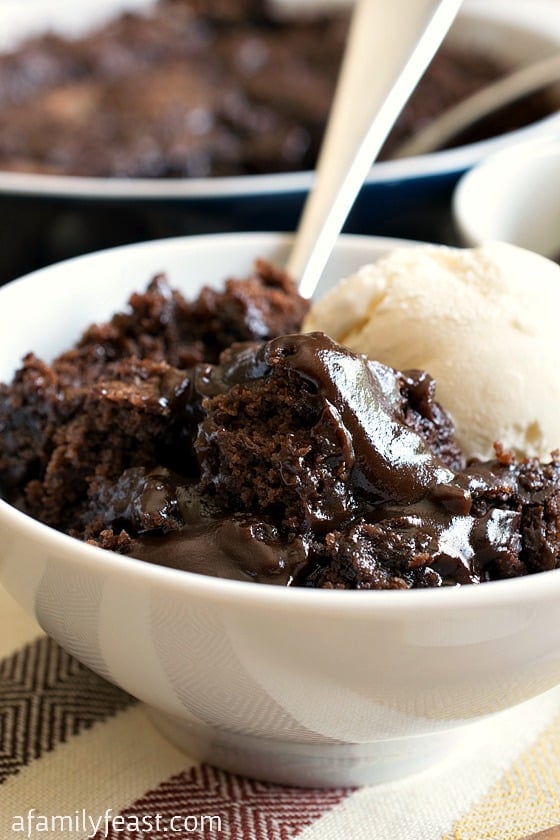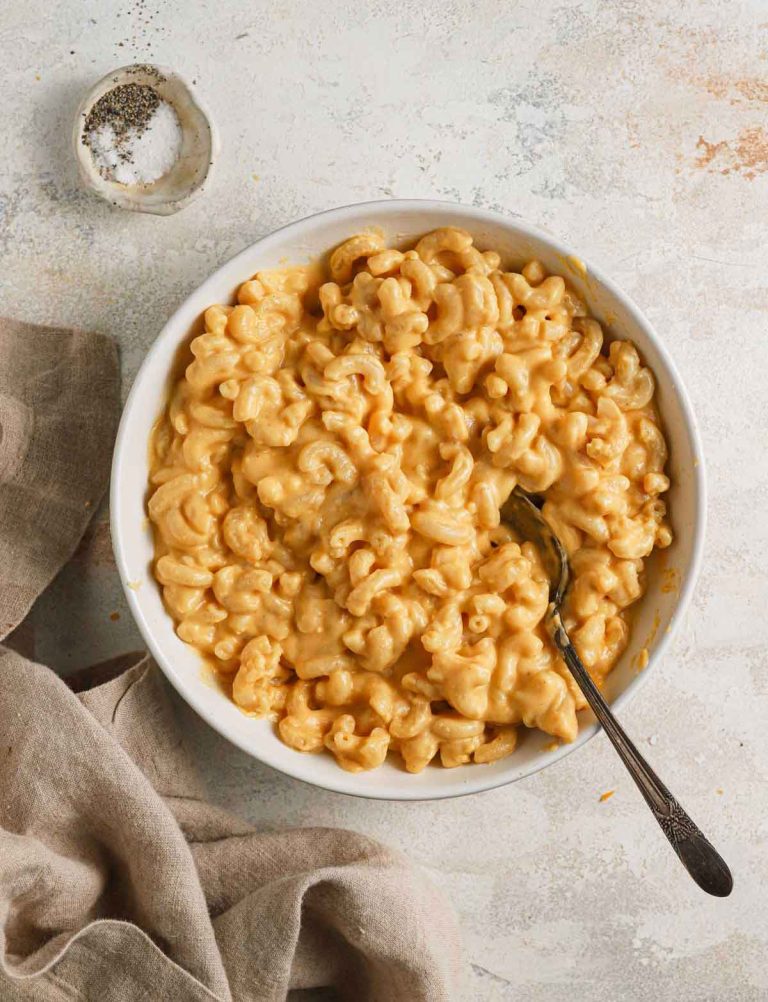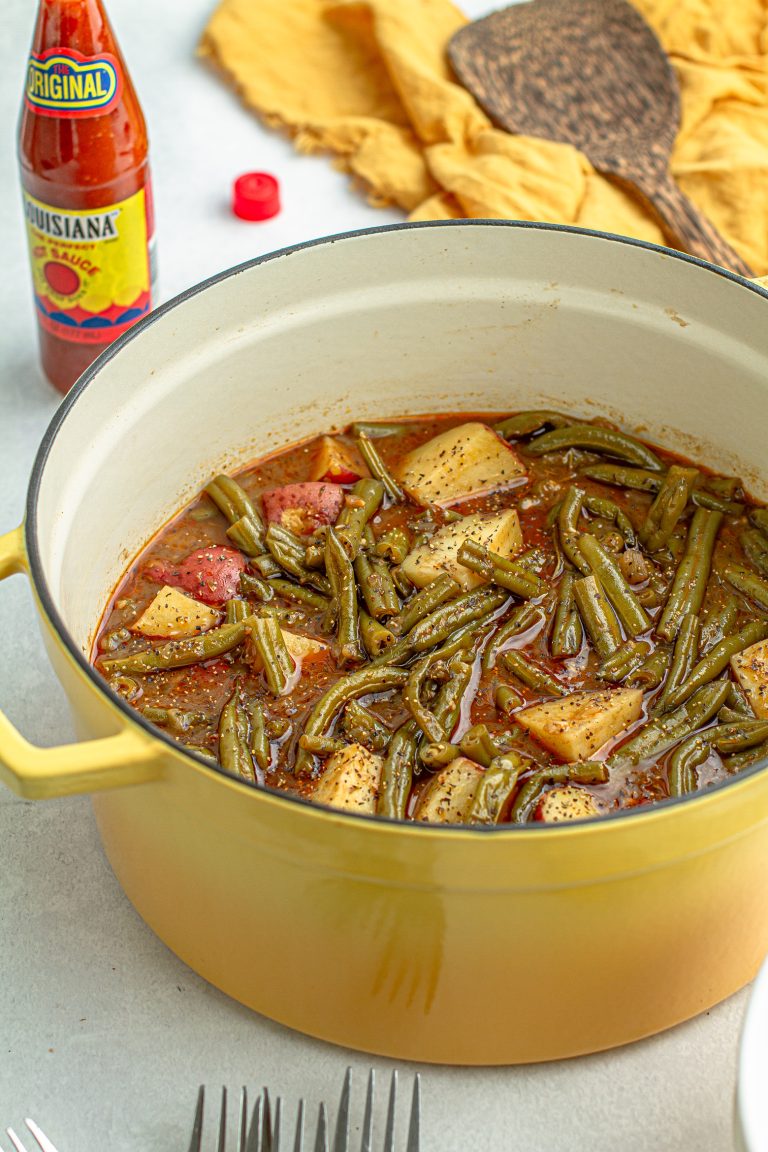Dairy Free Cheese Sauce Recipes: Nut-Based & Vegetable Options for Every Diet
Exploring Dairy Free Cheese Sauce Options
Nut-Based Sauces
Nut-based sauces use nuts like cashews, almonds, or macadamias as primary ingredients. Cashew cheese sauce stands out for its creamy texture, often achieved with minimal processing. Blend soaked cashews with nutritional yeast, water, lemon juice, and spices to create a rich, dairy-free base.
Almond cheese sauce offers a mild flavor profile, making it versatile for dishes needing subtle taste. Use almonds in the same blending method as cashews, adding garlic and onion powder for depth.
Macadamia cheese sauce excels in providing luxurious consistency. Mix macadamia nuts with nutritional yeast, apple cider vinegar, and water for a decadent option. Nut-based sauces also provide healthy fats and protein, enhancing your meals with nutritional benefits.
Vegetable-Based Sauces
Vegetable-based sauces depend on vegetables like potatoes, carrots, and cauliflower to mimic the creaminess of traditional cheese sauce. Potato and carrot cheese sauce offers a vibrant color and smooth consistency. Blend boiled potatoes and carrots with nutritional yeast, turmeric, and vegetable broth for a nutrient-packed alternative.
Cauliflower cheese sauce delivers a neutral taste, making it adaptable for various recipes. Steam cauliflower, then blend it with garlic, onion powder, and almond milk for a light, velvety sauce.
Butternut squash cheese sauce introduces a slightly sweet element, distinguishing it from other vegetable-based options. Roast butternut squash until tender, then blend with cumin, nutritional yeast, and vegetable broth to achieve a savory yet unique flavor profile.
Vegetable-based sauces provide additional vitamins and minerals, making them not only delicious but also health-conscious choices for your dairy-free needs.
By exploring these dairy-free cheese sauce options, you can diversify your diet while enjoying delicious, lactose-free alternatives.
Key Ingredients for Dairy Free Cheese Sauce
Nutritional Yeast
Nutritional yeast gives dairy-free cheese sauce its cheesy flavor without dairy. Rich in B vitamins and protein, it enhances the nutritional profile of the sauce. This ingredient also offers a savory umami taste, making it key for achieving the distinctive cheese-like taste in your sauce.
Cashews and Almonds
Cashews and almonds provide the creamy texture in dairy-free cheese sauces. Soaked cashews blend into a smooth, silky sauce that mimics traditional cheese sauce. Almonds can be used similarly, bringing a slightly different flavor and nutritional benefits like healthy fats and vitamin E. Both nuts add a rich creaminess, essential for making a satisfying dairy-free cheese experience.
Cooking Tips for Dairy Free Cheese Sauce
Achieving the Right Consistency
Blend soaked nuts for a smoother texture. To get a creamy consistency, use a high-speed blender, especially with nuts like cashews or almonds. Adding a starch, like tapioca or cornstarch, helps thicken the sauce. Heat the mixture on low, stirring consistently until it reaches desired thickness. If the sauce is too thick, add a splash of non-dairy milk. For a thinner sauce, increase the liquid but balance it with spices to maintain flavor.
Flavor Enhancement Techniques
Incorporate nutritional yeast for a cheesy flavor. It’s a primary ingredient for dairy-free cheese sauces, providing umami and depth. Use roasted garlic for a savory note; it blends well and enhances taste. Adding miso paste gives an umami boost and depth of flavor. Include lemon juice or apple cider vinegar for tanginess, adjusting the amount to balance acidity and creaminess. Experiment with spices like smoked paprika, cayenne, or turmeric to create a unique flavor profile.
Health Benefits of Dairy Free Cheese Sauce
Allergy-Friendly
Dairy free cheese sauce suits those with dairy allergies or lactose intolerance. Many people, including children and the elderly, experience digestive issues from dairy products. By choosing dairy free cheese sauce, you avoid common allergens and help prevent allergic reactions like hives, gastrointestinal discomfort, or respiratory problems. Nut-based and vegetable-based sauces offer a variety of options, making it easier to cater to different dietary needs, including gluten-free and soy-free diets.
Lower in Calories
Dairy free cheese sauce typically contains fewer calories than traditional cheese sauce. Ingredients like cashews, nutritional yeast, and vegetables contribute to lower calorie counts. For instance, a standard serving of cashew cheese sauce provides approximately 50-70 calories, whereas traditional cheese sauce often exceeds 100 calories per serving. Enjoying dairy free cheese sauce helps maintain a balanced diet and supports weight management goals. Additionally, these sauces tend to have lower fat content, contributing to overall heart health.
Conclusion
Exploring dairy-free cheese sauce opens up a world of culinary possibilities. Whether you’re dealing with dietary restrictions or simply seeking healthier options, these sauces offer rich flavors and smooth textures that rival traditional cheese sauces. With nut-based and vegetable-based options, you can enjoy a versatile and nutritious addition to your meals. Plus, they’re a great choice for those following gluten-free or soy-free diets. Embrace the benefits and get creative in the kitchen with your own delicious dairy-free cheese sauces. Your taste buds and your health will thank you.





